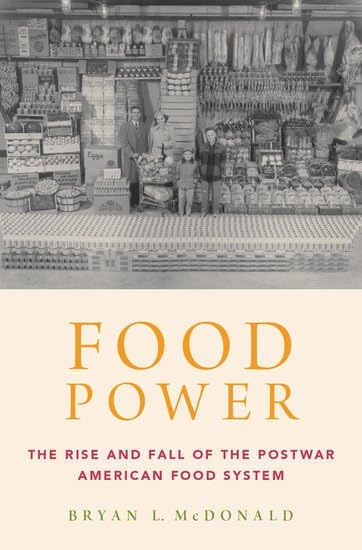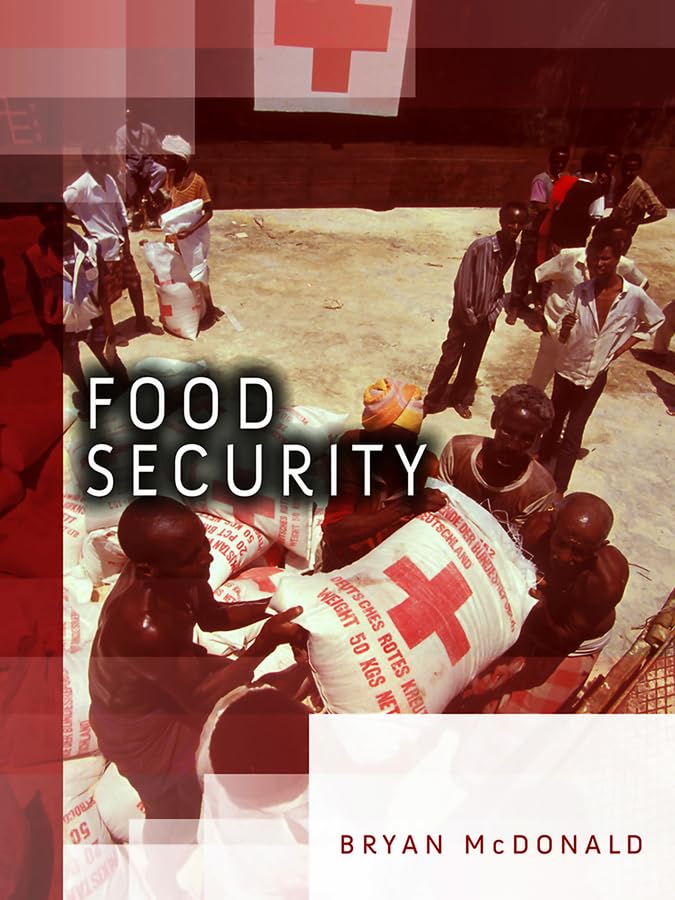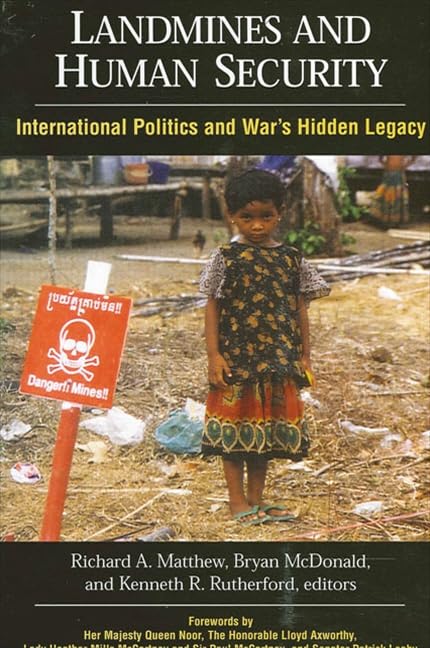Books by Bryan McDonald
Food Power: The Rise and Fall of the Postwar American Food System
Author(s): Bryan L. McDonald
Publication date: 2016-12-01
ISBN: 0190600683, ISBN-13: 9780190600686
Debates during the postwar years about how food power could help the United States achieve goals such as stability, prosperity, and security were part of a larger conversation about the role of food in the security of states, communities, and individuals. America helped build a new, postwar food system based on the steadying influence of American agricultural surpluses that helped maintain stable prices and food availability. This system averted a global-scale food crisis for almost three decades. The end of this food system in the early 1970s ushered in a much more unstable period in global food relations. Food Power argues that efforts to both interpret America's role in the world during the mid-twentieth century and to address contemporary food problems can be strengthened by understanding more fully the ways postwar American policymakers and experts sought to shape the politics of security and prosperity by linking people and places around the world through food.
Food Security
Author(s): Bryan L. McDonald
Publication date: 2010-12-28
ISBN: 0745648088, ISBN-13: 9780745648088
This detailed and comprehensive introduction to the major issues impacting global food security will be essential reading for students and scholars in security studies, international politics, and environmental studies.
Global Environmental Change and Human Security (MIT Press)
Author(s): Richard A. Matthew, Jon Barnett, Bryan McDonald, Karen L. O'Brien
Publication date: 2009-10-09
ISBN: 0262513080, ISBN-13: 9780262513081
In recent years, scholars in international relations and other fields have begun to conceive of security more broadly, moving away from a state-centered concept of national security toward the idea of human security, which emphasizes the individual and human well-being. Viewing global environmental change through the lens of human security connects such problems as melting ice caps and carbon emissions to poverty, vulnerability, equity, and conflict. This book examines the complex social, health, and economic consequences of environmental change across the globe. In chapters that are both academically rigorous and policy relevant, the book discusses the connections of global environmental change to urban poverty, natural disasters (with a case study of Hurricane Katrina), violent conflict (with a study of the decade-long Nepalese civil war), population, gender, and development. The book makes clear the inadequacy of traditional understandings of security and shows how global environmental change is raising new, unavoidable questions of human insecurity, conflict, cooperation, and sustainable development. ContributorsW. Neil Adger, Jennifer Bailey, Jon Barnett, Victoria Basolo, Hans Georg Bohle, Mike Brklacich, May Chazan, Chris Cocklin, Geoffrey D. Dabelko, Indra de Soysa, Heather Goldsworthy, Betsy Hartmann, Robin M. Leichenko, Laura Little, Alexander López, Richard A. Matthew, Bryan McDonald, Eric Neumayer, Kwasi Nsiah-Gyabaah, Karen L. O'Brien, Marvin S. Soroos, Bishnu Raj Upreti
Landmines and Human Security (Suny Series in Global Politics (Hardcover))
Author(s): Bryan McDonald, Richard Anthony Matthew, Kenneth R. Rutherford
Publication date: 2004-06-03
ISBN: 0791463095, ISBN-13: 9780791463093
Penn State University : History
- Jessamyn Abel
- Eliyana Adler
- David Atwill
- Kathleen Baldanza
- Dan Beaver
- William Blair
- Jennifer Boittin
- Erica Brindley
- Tobias Brinkmann
- Jonathan Brockopp
- Gary Cross
- Sophie De Schaepdrijver
- Greg Eghigian
- Garrett Fagan
- Lori Ginzberg
- Amy Greenberg
- Jens-Uwe Guettel
- Ronnie Hsia
- Benjamin Hudson
- Anthony Kaye
- Michael Kulikowski
- Prakash Kumar
- Daniel Letwin
- Russell Lohse
- Bryan McDonald
- Kate Merkel-Hess
- Mark Munn
- On-Cho Ng
- Maia Ramnath
- Carol Reardon
- Matthew Restall
- A. Gregg Roeber
- Anne Rose
- Nina Safran
- Kathryn Salzer
- Crystal Sanders
- Tatiana Seijas
- Gregory Smits
- Catherine Wanner
- Nan Elizabeth Woodruff
- Ran Zwigenberg
Most popular books
Link to this page using the following URL: https://www.facultybookshelf.org/author/bryan_mcdonald



